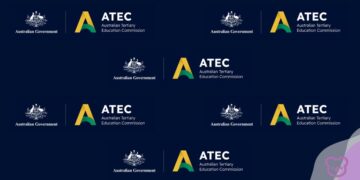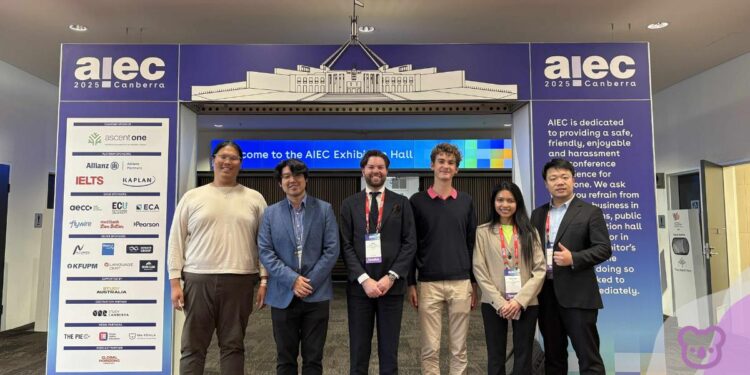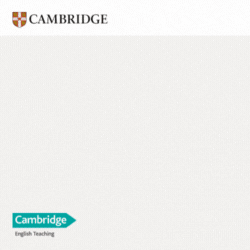Australia’s international students now have a unified, independent, and student-led voice with the establishment of the International Students Representative Council of Australia (ISRC) — a major milestone for the nation’s international education sector.
The ISRC was officially launched during the Australian International Education Conference (AIEC) in Canberra on 16 October 2025, marking the culmination of months of collaboration among student leaders, universities, and education organisations across the country.
“International students have contributed greatly to Australia’s universities and communities, but their representation has often been fragmented and informal,” said Weihong Liang, newly elected President of the ISRC. “The ISRC aims to provide a stable, evidence-based, and student-led framework for dialogue with governments and universities — ensuring that policy development genuinely reflects the student experience.”
The idea for a national representative body emerged during the Empowering Student Voices for International Education symposium held in March 2025 at the University of Sydney. Since then, student representatives from every state and territory have participated in multiple rounds of consultation, supported by advice from the Department of Education, Universities Australia, IEAA, ISANA, and Welcoming Universities.
The Council of Australian Postgraduate Associations (CAPA) and the National Union of Students (NUS) both played key roles in shaping the ISRC’s governance framework and ensuring its independence.
“This initiative belongs to students,” Liang added. “Our task now is to ensure that participation is broad, processes are transparent, and that international students’ experiences directly inform national education policy.”
“Wei Hong and his committee of student leaders should be given every support possible to ensure that their new organisation is viable,” said Phil Honeywood, CEO of the International Education Association of Australia. “Given that most of their leadership group is comprised of post-graduate students, they now face the challenge of effectively representing undergrads, TAFE and school students’ particular needs. Inclusion of state and territory study clusters should also be factored into their representation model. IEAA stands ready to support this student voice initiative.”
The ISRC operates as a not-for-profit incorporated association, governed by a National Council composed of democratically elected delegates representing undergraduate, postgraduate, and higher degree research students. Its objectives include strengthening cooperation between student representative organisations, promoting wellbeing and inclusion, and providing independent, evidence-based advocacy to governments and education providers.
In its first year, the ISRC will focus on establishing a national consultation mechanism with student bodies across the country and working with government and sector partners to improve student housing, visa equity, education quality, and wellbeing outcomes.
“The international student of today is going to be a contributor, creator, innovator, or changemaker of tomorrow,” said Anumanthram Senthilkumar, Co-President of the ISRC. “For that transition to be successful, it’s important that they are represented in key decisions and education policymaking in Australia.”
As the ISRC begins its work, it stands as a symbol of progress and collaboration — as Aashish Neupane from Western Sydney University put it, “ISRC stands as a symbol of unity and progress, ensuring that international students are heard, valued, and empowered.”
For further information see the ISRC’s new website here.

















